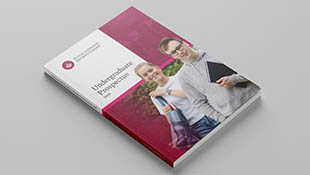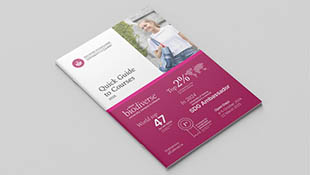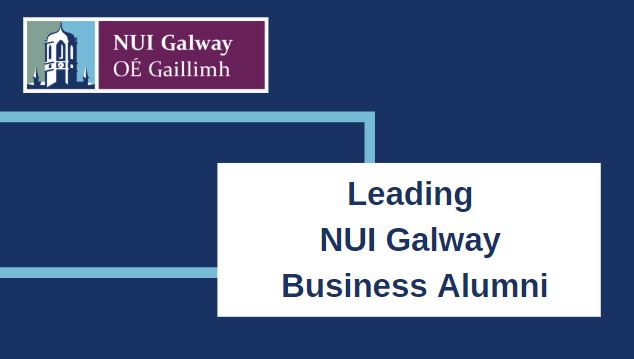-
Courses

Courses
Choosing a course is one of the most important decisions you'll ever make! View our courses and see what our students and lecturers have to say about the courses you are interested in at the links below.
-
University Life

University Life
Each year more than 4,000 choose University of Galway as their University of choice. Find out what life at University of Galway is all about here.
-
About University of Galway

About University of Galway
Since 1845, University of Galway has been sharing the highest quality teaching and research with Ireland and the world. Find out what makes our University so special – from our distinguished history to the latest news and campus developments.
-
Colleges & Schools

Colleges & Schools
University of Galway has earned international recognition as a research-led university with a commitment to top quality teaching across a range of key areas of expertise.
-
Research & Innovation

Research & Innovation
University of Galway’s vibrant research community take on some of the most pressing challenges of our times.
-
Business & Industry

Guiding Breakthrough Research at University of Galway
We explore and facilitate commercial opportunities for the research community at University of Galway, as well as facilitating industry partnership.
-
Alumni & Friends

Alumni & Friends
There are 128,000 University of Galway alumni worldwide. Stay connected to your alumni community! Join our social networks and update your details online.
-
Community Engagement

Community Engagement
At University of Galway, we believe that the best learning takes place when you apply what you learn in a real world context. That's why many of our courses include work placements or community projects.
Visiting Students
Visiting Students
Junior Year Abroad:
Information for all incoming business students about the courses in the J.E. Cairnes School of Business & Economics.
The School of Business & Economics is comprised of staff in 5 Discipline areas, Accountancy and Finance, Business Information Systems, Economics, Management & Marketing.
Orientation for all visiting students is provided on a College-wide basis. First Semester (Fall) or Year Long Visiting students are required to attend the orientation programme at the beginning of September. Second Semester (Spring) Visitors attend orientation in January. At orientation, students will be informed about registration arrangements.
Course Selection:
Study Business at University of Galway AY 2025-2026
Visiting Student Academic Handbook Semester 1 2025/2026
AY24-25 Timetable - Please note that timetables can be subject to change.
1EM1 Erasmus & Visiting Student Semester II Timetable AY 24-25 (Provisional)
1EM1 Erasmus & Visiting Student Semester I Timetable AY 24-25 (Provisional)
For Learning Agreements:
- Ms. Raphael McLoughlin (Tuesday, Thursday and Friday 9am-3pm only)
Email: raphael.mcloughlin@universityofgalway.ie
Courses taken by ERASMUS students will be chosen from the schedule of courses for the second and final years of the three-year full-time B.Comm. undergraduate programme. Please note the following:
- Courses offered on a year-long basis (those marked with an asterisk in the schedule) can only be taken by students visiting for the full academic year.
- It may be necessary for operational reasons to alter the course schedule.
- The lecture timetable (issues at orientation) will contain course clashes.
The staff of the School of Business & Economics will be available to assist the incoming students regarding the choice of courses.
Each course is assigned a weight (5 or 10 ECTS), which generally corresponds to the number of lecture hours per week. The normal weight of courses taken by NUI Galway students is 30 ECTS per semester.
Assessment is mainly by a written terminal examination of two or three hours, although some courses may use assessment by course work such as projects or essays carrying up to 50% of the available marks. Marks are awarded out of 100%, and the pass mark is 40%.
Downloads
-

Business Postgraduate Programmes 2024 PDF (4.7 MB)
-

Postgraduate Prospectus 2025 PDF (3.3MB)
-
.png)
Business Undergraduate Prospectus 2025 PDF (1.57MB)
-

Undergraduate Prospectus 2025 PDF (12.4MB)
-

A Level Quick Guide 2025 PDF (337 KB)
-
Leading Business Alumni Book PDF (1.57)
-

Quick Guide to Courses 2025 PDF (362 KB)
















